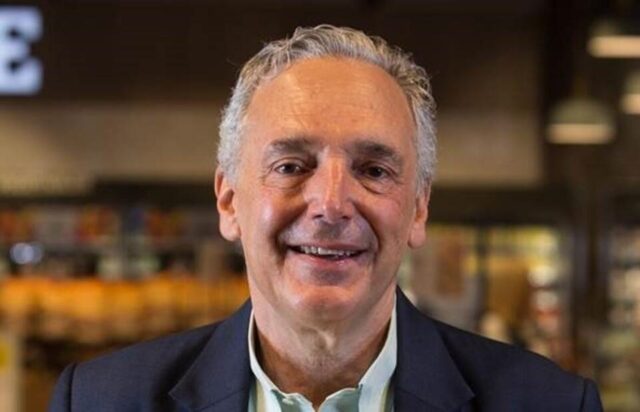The state is apparently trying to shift the blame of escalating cost of food prices to retailers.
PICK n Pay chairman Gareth Ackerman has lambasted the government for apparently shifting the blame of escalating cost of food prices to retailers, instead of fixing the energy crisis.
This comes as food inflation rose to its highest in 14 years in April, driven by rising irrigation costs for farmers and additional expenditure on diesel by retailers amid rotational power cuts.
Load shedding in South Africa has severely disrupted business activity, with retailers having to trade less hours and risk having their stock getting spoiled if they do not have alternative sources of electricity, which come at a great cost.
Speaking at the presentation of the company’s financial results yesterday, Ackerman delivered a stinging rebuke of how the government was failing to deal with the energy crisis and its contribution to the subdued prevailing economic environment.
Ackerman said Pick n Pay has absorbed much of the cost inflation, particularly on basic commodities by saving costs in its business while spending around R60 million per month on diesel.
He said that 37% of the cost of each litre of diesel was going into government coffers and the Road Accident Fund as a windfall tax, but requests by the retail industry to be included in the government’s diesel rebate package had so far fallen on deaf ears.
As a result, Ackerman said they could not insulate consumers entirely from the impact of the energy crisis, as no company could absorb these costs indefinitely, given the scale of the investment needed to keep the power on and stores open.
“Food inflation is also being driven by global factors. Eskom has transferred some of its generation costs to industry through the stages of blackouts. We have had to absorb these costs,” Ackerman said.
“Despite these pressures, we have once again this year kept internal inflation below (consumer inflation), and at less than half the current 14-year food inflation high of 14%. This is taking a herculean effort.
“It is, therefore, distressing to see irresponsible efforts to shift the blame for food inflation on to retailers. The recent statements by the Competition Commission and government spokespeople are a case in point. They have inexplicably accused the sector of making unjustifiable profits. This is incorrect and irresponsible,” he said.
Ackerman also criticised the government’s silent diplomacy on the Russia/Ukraine war, as the geopolitical tension has had global implications, saying the country’s position on the matter threatened the 8.5 billion investment in the Just Energy Transition Programme.
“At a time when growth-oriented policy change and certainty should be the only items on the agenda, we are mixing up policy with politics.
“How our government can risk AGOA (African Growth and Opportunity Act) – and other bilateral agreements – through overt support for Russia after its invasion of Ukraine and threatening to withdraw from the ICC is beyond understanding,” he said.
Ackerman’s sentiments struck a cord and resonated among private business industry players.
Business Unity SA CEO Cas Coovadia said they “broadly agree” with Ackerman in that there were numerous issues in South Africa inhibiting the creation of an environment for investment, business formation and business growth.
“The significant burdens placed on businesses by the ongoing load shedding and additional cost of diesel to keep operations going, the breakdown in our logistics infrastructure and increasing costs to businesses resulting from that, the deterioration in law and order and both operational and reputational risks associated by these all contribute to a very difficult business environment.
“We do not, as a matter of course, interfere with the government’s foreign policy stances, but we must express serious concern if such stances threaten business relationships with critical trade partners, and we urge the government to consider the economic ramifications of political decisions informing foreign policy,” Coovadia said.
Deal Leaders International CEO, Andrew Bahlmann also said Ackerman was on the mark with his comments, particularly as regards the government’s seeming mixing up policy with politics.
Bahlmann said business now had to make its voice heard on the global stage that it will solve South Africa’s problems, with or without government, just as ordinary citizenry were increasingly bypassing government in almost every area of life.
“The business community must take the lead in every international conversation to reinforcement South Africa’s fundamental endorsement of a free market system, global best practices, as well as Western values of freedom and democracy.
“The government is at the moment too conflicted to do anything but pay lip service to these fundamental values. It talks on the one hand about embracing business rather than viewing it as the enemy, but on the other an extremely narrow group of people in government are still enamoured by the old communist system,” Bahlmann said.
BUSINESS REPORT








